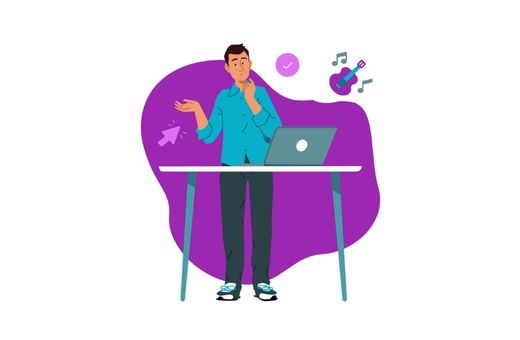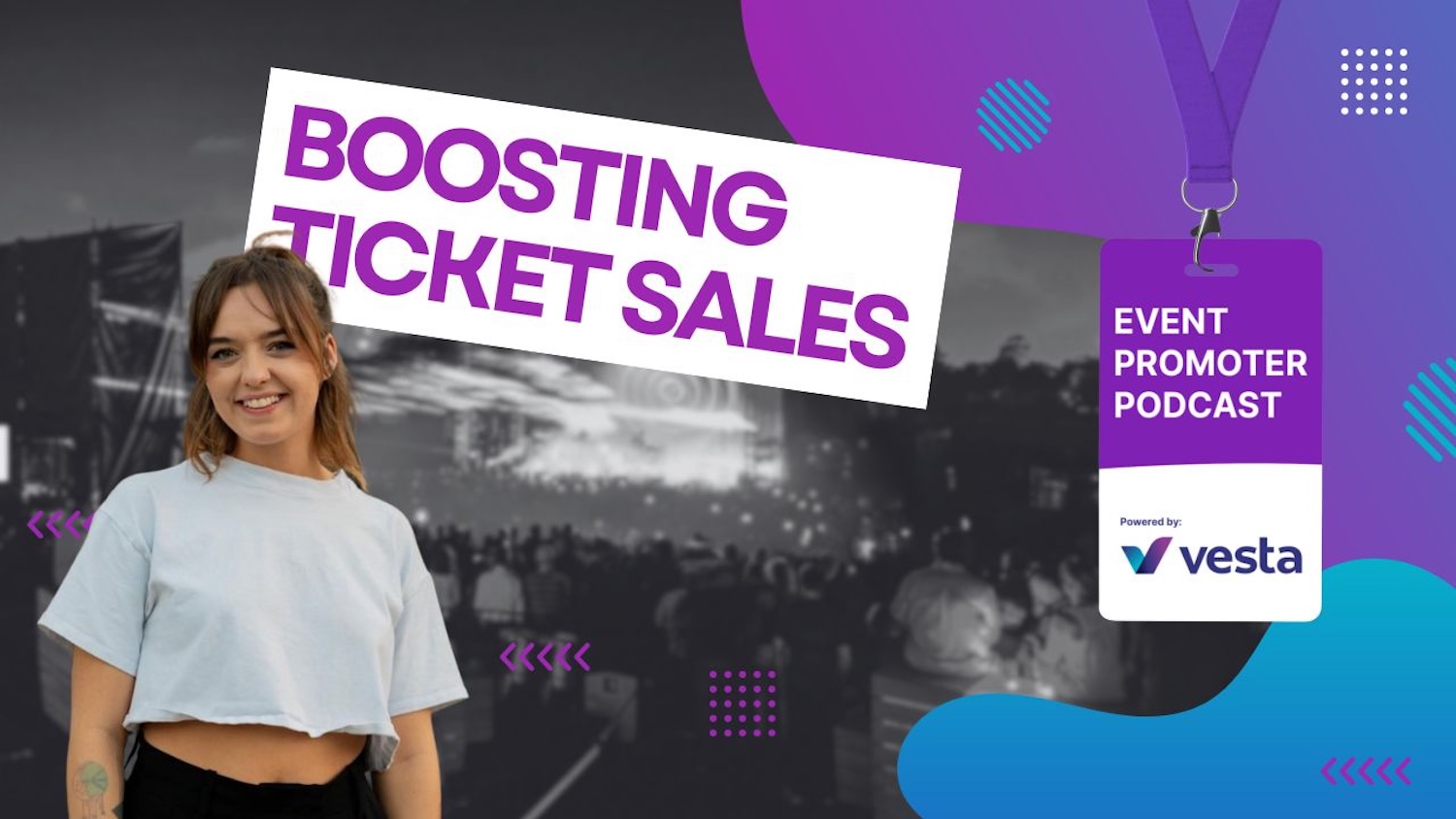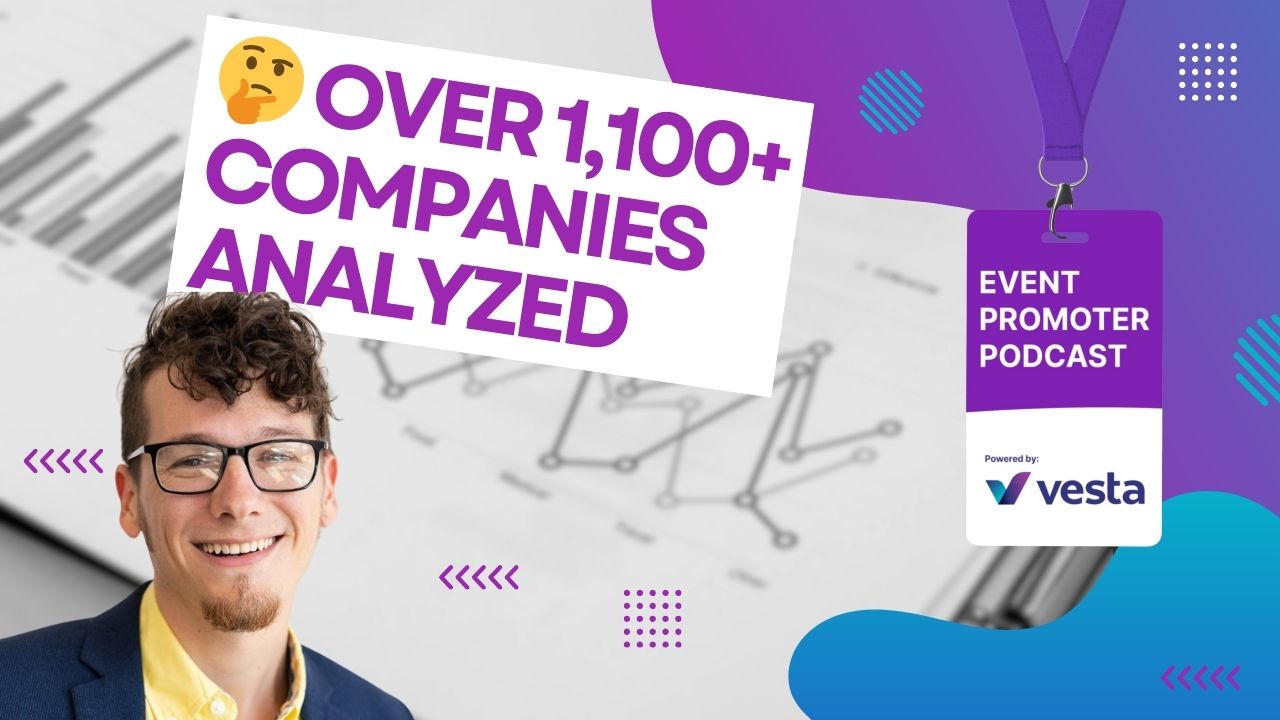
What the heck is an event organizer vs event promoter? That is a common question for people that first get into the event industry… and honestly many of us who have been in it a long time.
In today’s post, we’ll clear up any confusion you may have about the roles and responsibilities of event organizers and promoters. We’ll explore how they work together to plan and execute successful events, and delve into the specific tasks that each professional handles.
We’ll also touch on how those roles might be defined differently in the music and entrainment industry vs other event industries.
Take a listen to this Finding Mastery Podcast clip with Peter Shapiro answering the question of what he calls himself. He’s one of the most prolific music promoters and concert organizers in the industry.
The host asks Peter, “Are you an entrepreneur? Are you a promoter? Are you a community builder? How do you think about your ‘job’?“
Peter smirks and simply replies, “I don’t. I just do it.“
This touches on the fact that many people in the industry really love what they do. Unlike many other industries, they may not care too much about what their title is. At the end of the day, your work speaks for itself.
Let us do our best to describe these titles anyway.
Event Organizer vs Event Promoters
Generally speaking, an event organizer is responsible for planning and coordinating all aspects of an event, including setting a date and location, booking entertainment or speakers, coordinating vendors and suppliers, and managing the budget.
An event promoter, on the other hand, is responsible for promoting and publicizing an event to attract attendees. This may involve creating and distributing marketing materials, promoting the event on social media and other platforms, and working with media outlets to secure coverage. Event promoters may also be involved in ticket sales and coordinating sponsorships for the event.
Both roles can be (and often are) fulfilled by the same person. But in larger, more complex organizations and events, these roles are likely separate people. The event organizer might be hiring the promoter.
In those cases where they are different people, you’ll likely see the title of Marketing Manager or something similar for the role of the event promoter.
In our 2023 State of Event Promotions Report, we found that at most of the organizations we interviewed the event promotion was the responsibility of the owner, executive director, or general manager.
At bigger organizations, titles responsible for promoting events included marketing manager, PR & social media manager, and communications specialists.
The entertainment industry, especially for concerts and comedy shows was much different.
The Music Industry and Comedy
In the music and comedy industry, the promoter often is also doing much of the organizing. They are responsible for booking the music venue, paying for the band, managing all the marketing, and hoping that they can make a profit on the difference between what they pay the band and the ticket sales.
Promoters play a crucial role in the entertainment industry by helping to bring artists to a wider audience and generate revenue through ticket sales, sponsorships, beverage sales if they also own the venue, and sometimes a cut on merchandise sales from the performers.
If they own a venue they may also organizer other types of music venue events.
An organizers is more likely to be called a producer in the entertainment industry. A produce might also take on much of the responsibility of the promoter in many cases depending on how complex the performance is.
The reason it can be so confusing, especially in the entertainment industry, is because of the vast range in size and complexity of shows. There is a big difference between organizing and promoting a bar show for 50 attendees and a stadium concert for 50,000. There may be differences based on geographic location, type of venue, type of performer, etc as well.
Overall, most of the skills require creativity, organization, hustle, and hospitality. No matter what the title is, those skills make an event organizer… or promoter successful.
Conclusion
In conclusion, event organizers and event promoters play important roles in planning and executing successful events. Event organizers are responsible for coordinating all aspects of an event, including setting a date and location, booking entertainment or speakers, and managing the budget. Event promoters, on the other hand, are responsible for promoting and publicizing an event to attract attendees.
These roles may be fulfilled by the same person, but in larger organizations, they are often held by separate individuals.
In the music and entertainment industry, promoters may also take on some of the responsibilities of organizers, and may be referred to as producers.
Ultimately, both event organizers and event promoters require creativity, organization, hustle, and hospitality skills in order to succeed in their roles.
Stay in the loop.
Join our newsletter to get our insights before anyone else.

Author: Craig Heron
Craig is the Director of Marketing at Event Vesta. He is also the Director of an event organization called Scale Omaha that cultivates a startup community in Omaha, Nebraska. Previously he was VP of Marketing at Beeso Studio, President of the Board of Directors at Winker Gallery of Fine Art, and spent nearly a decade in event technology in Austin, Texas and Pittsburgh, PA.


